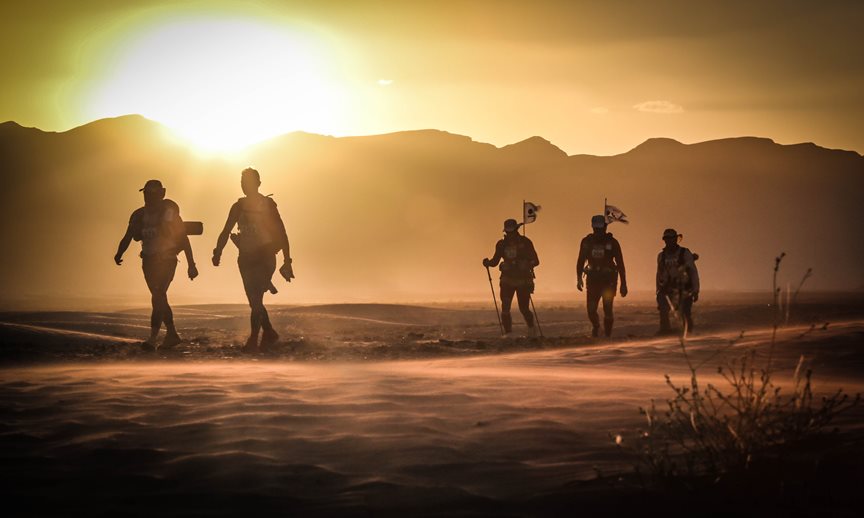Last updated: 02-Mar-16
Written by Sports Dietician Rin Cobb
Left to fend for yourself on a desert island, your first priority is to find water, although going by the latest series of The Island with Bear Grylls perhaps not. Needless to say, you’ll die from thirst well before wasting away so I think we can all agree, meeting your fluid needs is essential for life. However, it seems the humble and free tap water is no longer good enough with coconut, birch and even artichoke water flooding supermarket shelves.
Plant waters as they’re known have become increasingly popular over the past few years with all manner of claims so let’s take a look at this seasons in-vogue H2Os to hit the high street. First up is Birch water, described as “a genuine, pure natural living water which flows through birch trees in Spring.” It claims to melt cellulite, detox (thought we had livers that did that) and is suitable for vegetarians.
Next up is the celebrity endorsed watermelon water, which as far as I can tell, is just the juice from watermelons. Despite this a 350ml bottle will set you back £4.50, the equivalent of one and a half whole watermelons.
Finally coconut water, it may be last season but it’s as popular as ever and has been revamped with additional fruit flavours and even a shot of espresso for this year. Unlike coconut milk, the opaque liquid from grated coconut flesh used in various culinary delights, coconut water is the clear liquid you find once you finally get through the outer husk.
The one thing all these plant waters have in common are their claimed “super” hydrating properties with their abundance of electrolytes. Many of you will already supplement your longer runs with these electrically charged minerals to replace those lost through sweating so you may be tempted to use these plant waters instead. However, if we look at what actually helps the body absorb water, it’s sodium and whilst these waters can be high in the electrolyte potassium, they’re generally low in sodium. Most commercial sports drinks per 100ml contain 0.023 – 0.057g sodium or 0.057 – 0.143g salt whereas none of these plant waters have more than 0.01g sodium per 100ml so you need to take their hydrating claims literally with a pinch of salt.
There’s no denying these plant waters can be used to quench your thirst and help you meet your daily fluid needs. In fact for those who struggle to drink enough, if you like the flavour of these alternative H2Os, they may encourage you to drink more, however they are by no means better than water at hydrating you and certainly come at a cost. When it comes to their wildly exaggerated health and sporting performance claims, there is no evidence to back these up so no real justification for their great expense either. As for the additional nutrients they promote such as vitamins and minerals, these are generally in very low amounts and none of which you can’t get from a balanced diet.





